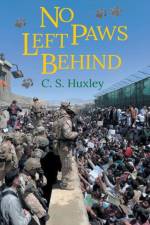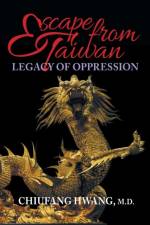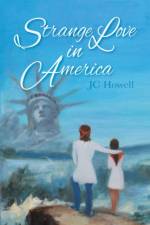- Legacy of Oppression
av MD Hwang
241
During the late 1960s through the early and mid-1970s, Chinese immigration into the United States came almost exclusively from Taiwan. They arrived on American shores to flee the regime of a dictator who used murder, brutality, and fear to stay in power and quell any political or social dissent.While that generation of Taiwanese may have found refuge in the United States, many still never felt truly safe. In Escape from Taiwan, Chiufang Hwang recounts how the political oppression her parents experienced remained a constant specter during her own childhood, both because of her parents’ paranoia and their involvement in secret Taiwanese expat pro-democracy organizations.“My parents moved to the United States in the late 1960s when I was a toddler. Even though I grew up in this country, I was raised by people whose outlook was informed by fear and oppression, and they did their best to instill in me the dangers of speaking out—about anything. For me and other children of Taiwanese immigrants, their legacy of oppression became ours by default, and impacted our efforts to assimilate, both as children and adults, to our adopted country.”Part memoir, part family history, Escape from Taiwan recounts Chiufang’s journey to understand the historical events that informed her upbringing, and how in the process it gave her a greater appreciation for the ideals represented by the Statue of Liberty to generations of immigrants.Give me your tired, your poor,Your huddled masses, yearning to breathe free …Send these, the homeless, tempest-tost to me,I lift my lamp beside the golden door.






























